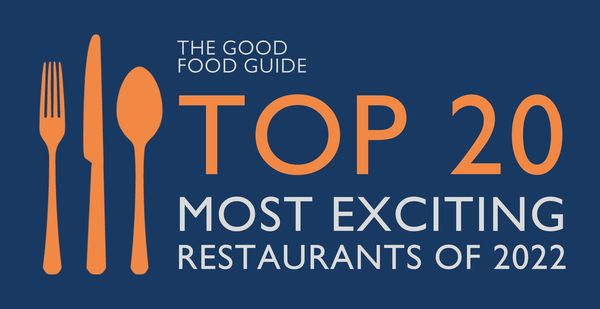With some top restaurants announcing that they won’t be reopening, and chefs having to make tough decisions in the face of reduced capacity and added risks, it’s no surprise that many are unsure how to reopen safely.
Lockdown renovations
It may be ‘one of the most bonkers things to be “Restaurant of the Year” of a closed restaurant’ but Nick Mash of The Mash Inn in Buckinghamshire thinks there are far too many ‘pinch points’ in the 18th-century building that houses his compact restaurant with rooms to reopen safely. The doors will remain closed until September but lockdown has been put to good use: preparing 120 meals a week for frontline workers, laying a new wood floor, enlarging the kitchen, and installing a new wood-fired oven (for whole roast turbot, brill, veal chops) and grill section.
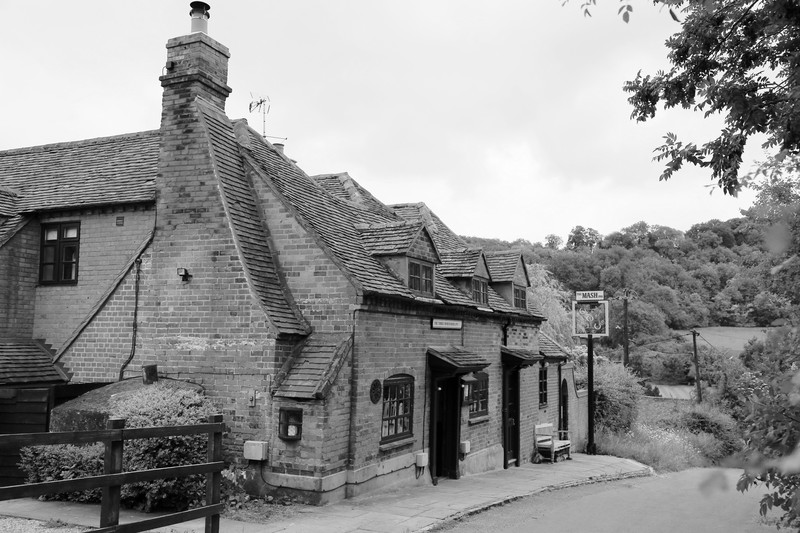
Simplified menu
‘I don’t want to open and then have to close again’, says the GFG’s Sustainability Champion Douglas McMaster, citing what is a persistent fear for many restaurateurs: a second wave of Covid-19. Reopening Silo, the acclaimed zero-waste restaurant that moved from Brighton to east London late last year, is akin ‘to raising the Titanic’. The logistics and expense of gathering supplies from innumerable small farmers and producers is daunting, especially as ‘no product is ever basic’. At the time of writing, Douglas was in the planning stages for a cautious reopening at the end of August or early September, working on a simpler restaurant concept with a briefer menu from which, eventually, a ‘bigger, better, bolder’ Silo will emerge when the time is right.
Home dining
A cautious approach is being taken by Joel Pomfret, proprietor of Number 16 in Glasgow, Scotland’s Best Local Restaurant (BLR). He believes ‘it would be taking a big risk to open as we are tiny, very enclosed, very cosy’, and will stick with delivery and takeaway for the time being. The long-standing bistro’s monthly changing, three-course Home Dining menu has proved immensely popular with locals, who are as appreciative of the keen pricing and accessibility for single diners as for the likes of slow-cooked lamb shoulder that they can pick up or have delivered every Friday or Saturday.
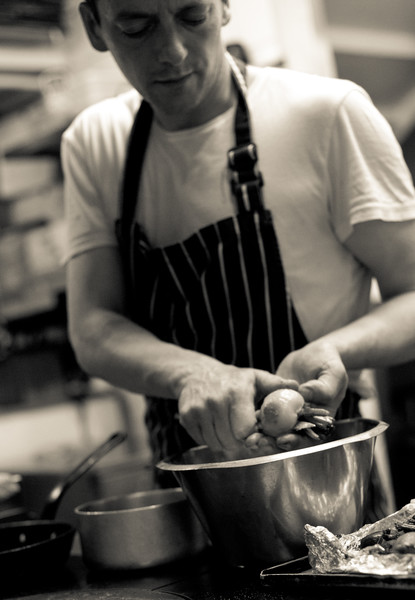
Suck it and see
John Carlton, owner of another BLR winner, Route in Newcastle-upon-Tyne, shares some of the others’ concerns about a coronavirus resurgence. But when he surveyed his customers about reopening, he discovered they were keen to return. Determined to ‘give it our best shot’, he decided to reopen to see what works. With the dining room freshly decorated, a good quality seasonal menu, and safety measures firmly in place, Route reopened at the end of July and bookings ‘are flying in’.
Streamlining for success
In the search for revenue generating initiatives which could continue if there are further lockdowns, it seems takeaways, cook-at-home meal kits and basic food provisions are becoming essential parts of how restaurants operate. ‘Chef to Watch’ Will Devlin of The Small Holding in Kent, plans to keep up local deliveries of fresh food boxes and hampers even though restaurant bookings ‘have been really, really good, giving a good foundation for the next few weeks’. The chef has streamlined the way he works so that he can put even more focus on a menu firmly rooted in the locality while bravely opening a second restaurant, The Curlew in East Sussex, under development before lockdown began.
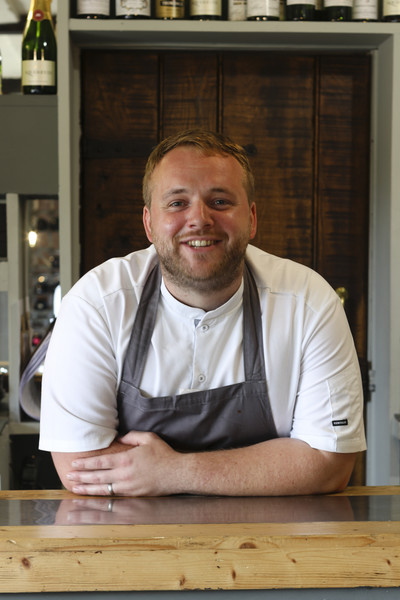
Balancing act
Cass Titcombe of Brassica, South West England’s BLR winner, has been running a brisk online meal collection and local delivery service which he ‘definitely wants to keep up’. The next step is uncertain, but quarantine has given ‘a taste for a different life’. With thoughts of a better work-life balance uppermost, combined with a simpler approach to cooking, Brassica has reopened on a limited basis – Wednesday lunch and supper, plus supper on Friday – and the Titcombes’ nearby lifestyle and home-goods shop will continue as the collection point for the chef’s weekly pre-ordered Handmade Meals.
Diversity is key
Mike Robinson, executive chef of The Woodsman in Stratford-upon-Avon, the GFG 2020’s Best New Entry, has always operated a diverse business model, one that includes a land management partnership supplying venison to top restaurants. During lockdown he sold ‘every gram of venison I had’ to the public via an innovative box scheme, which he plans to continue. In firing up the restaurant’s trademark wood oven and grill in time for an early July opening, the chef says he’s ‘really chuffed with the way we are handling this’, bookings are ‘amazing’ but then the venue is ‘blessed with space and a courtyard’. As is now common in many restaurants, guests can book only by phone so that the necessary changes can be explained. On arrival there’s a choice of being served by staff with or without masks, ‘apart from that it’s pretty normal’.
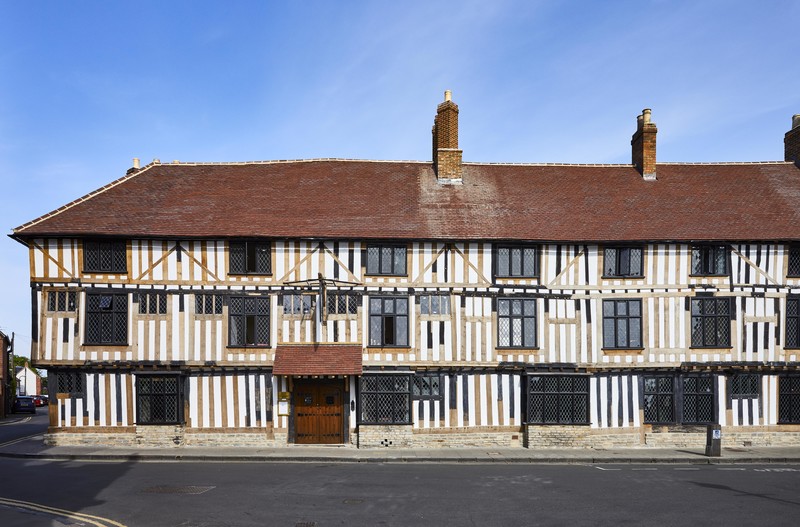
Back to normal
At Inver on the banks of Loch Fyne, our Chef of the Year, Pam Brunton is keen to keep things the same, as much as possible. Lockdown saw her contributing to her local food hub, enjoying reduced working hours – a 40-hour week instead of the usual 70 – but she found reopening ‘almost a full-time job. Working out what to do was like starting from scratch’. With sensible safety measures, tweaked opening times and fewer seats in the dining room, she’s hoping visitors from across the UK will continue to visit Scotland – the remote location depends on them. So far there’s been a heartening response with accommodation booked up until October.
Supporting others
In Carmarthen, our BLR winner for Wales, Deri Reed kept his business in the public eye by cooking for key workers and taking part in ‘a real community project’ by baking bread and ready meals for Carmarthen’s food assembly – a weekly online farmers’ market. ‘I’ve never been a strict restaurant per se’ he says of The Warren, explaining why he is taking up the government discount scheme for diners in August. Standing at the gateway to Pembrokeshire, the mix of casual all-day café, evening restaurant and very reasonable prices has always attracted tourists in summer and Deri hopes the Monday to Wednesday deal will bring in custom on those tough trading days.
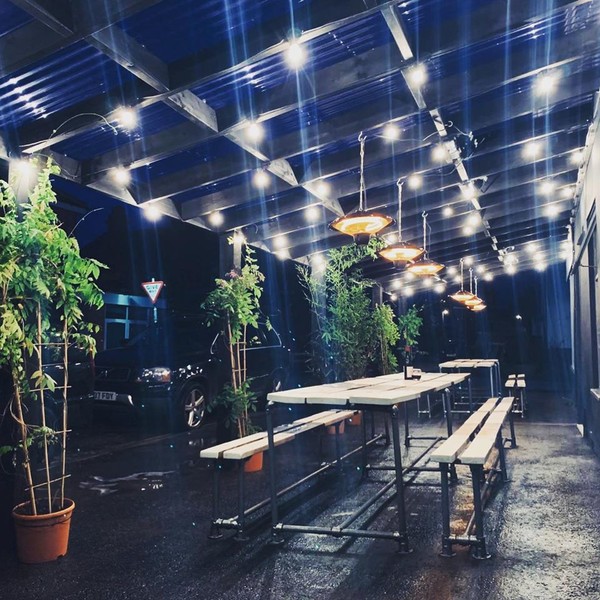
Evolution
In Norwich, Francis Woolf used the enforced time off to move his BLR-winning business forward. Underused outdoor space in front of Woolf and Social now sports a heated pergola, the extra dining area making up for the necessary loss of inside tables. The kitchen had built a reputation for small plates but now the focus is on larger dishes, a change that allows for simpler presentation, safer service and a possible move to takeaway. It’s easier on the kitchen, too. Regulars obviously agree as bookings have been buoyant since the July 4th opening.
The future
All award winners report a good following of people who appreciate their food, and have breathed a sigh of relief that customers are keen to return. But, post-lockdown, there is no room for financial risk. A poor winter season, a quiet Christmas and a second spike are all very real fears among restaurateurs. In a sign of how fragile hospitality’s recovery will be, Ben and Holly Cooke of The Little Gloster on the Isle of Wight, the overall winner of our Best Local Restaurant, have announced they will close permanently in October. There’s no doubt that, as fatigued by quarantine as we are, a return to normality will have to wait a little longer.

